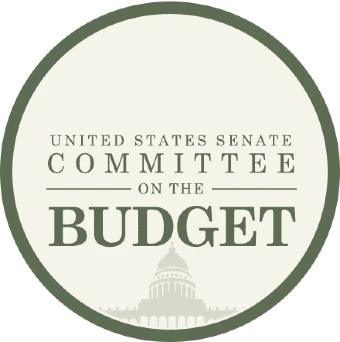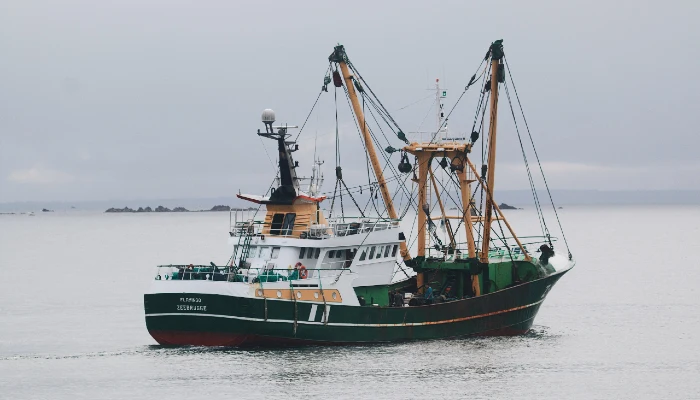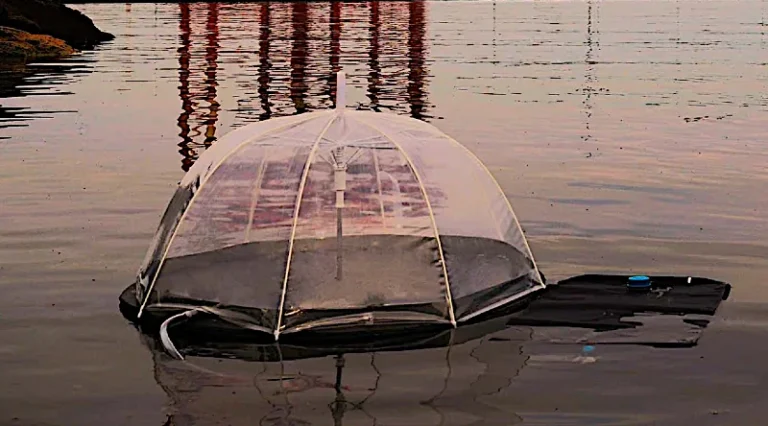In the vast, undulating realm of the ocean, a silent crisis brews – a crisis that poses a formidable threat to the vibrant pulse of America’s $253 billion fishing industry. This was the grave concern conveyed to U.S. senators in a recent hearing, where experts underscored the dire implications of climate change on marine life and, by extension, the fishing sector that millions depend upon.
The Carbon Culprit and Ocean’s Ordeal
Andrea Dutton, a professor at the University of Wisconsin–Madison, said “burning fossil fuels primarily drives climate change, which could cause widespread economic and environmental problems.” Dutton’s statement hits at the heart of the issue – the relentless burning of fossil fuels and the consequent rise in carbon dioxide levels. This carbon footprint in our seas isn’t just warming the waters, but also leading to acidic seawater, a double jeopardy for the ocean’s delicate ecosystem.
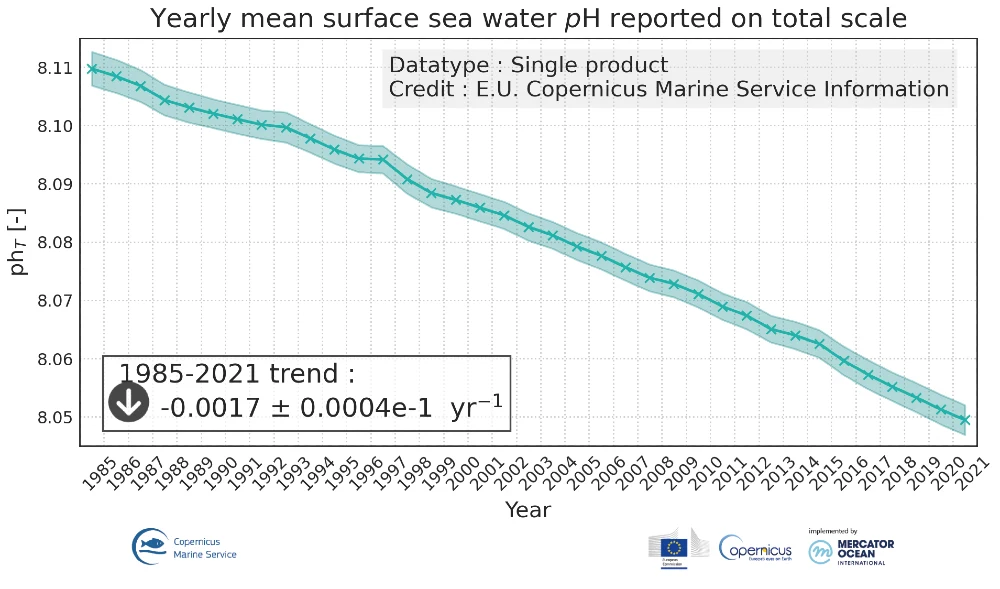
The Global and National Economic Tides
Rashid Sumaila, a University Killam professor at the University of British Columbia’s Institute for the Oceans and Fisheries, highlights the global and national economic stakes at play. “Fisheries catch about 120 million tons of fish annually, generating about $240 billion in worldwide revenue,” Sumaila said.
Sumaila went on to explain, “Now in the U.S., and the chair has given us some numbers that are quite similar, in 2020 commercial and recreational saltwater fishing alone generated over $250 billion in sales,” adding the significant figure of “over $110 billion a year” to America’s GDP and supporting “1.7 million American jobs in the marine sector.”
A Fisherman’s Tale of Climate Woes
Kyle Schaefer, a Maine fishing guide and entrepreneur in the Bahamas, brings a personal perspective to the table. Schaefer vividly describes the impacts of warming waters and severe weather events on his business. “My businesses succeed only because of thriving healthy ecosystems and relatively predictable climate patterns,” he said. “Unfortunately, in large part due to climate change, our oceans are now desperately lacking the stability, balance and the abundance that we rely on.” His account is more than just a business concern; it’s a tale of a livelihood and heritage under threat.
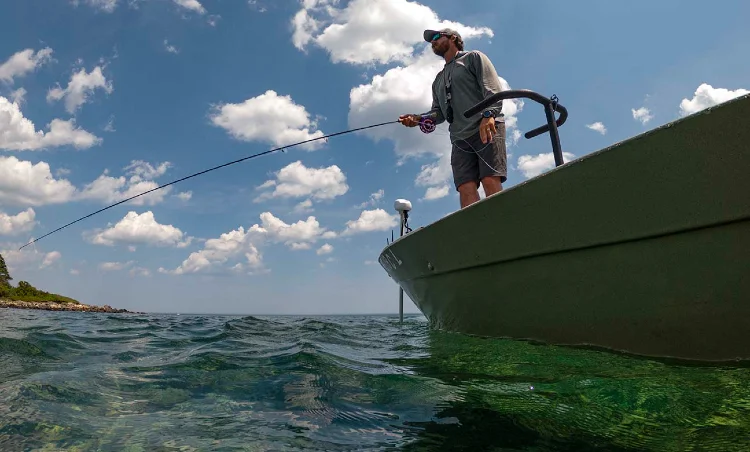
Schaefer further explained the ecological domino effect, saying, “Many fish are moving to different areas, which strains ecosystems as local fish must now compete with new species for limited resources.” The plight of the striped bass in the Chesapeake Bay, he noted, is a telling example, citing a study by Southwick Associates that pegged the fish’s impact on the region’s GDP at $7.7 billion. The decline of these fish not only disrupts ecosystems but also threatens regional economies.
The Political Arena: Skepticism and Urgency
The issue of climate change inevitably drifts into the political currents. Sen. Ron Johnson (R-Wis.), speaking for ranking member Chuck Grassley (R-Iowa), expressed his skepticism. “Instead of discussing the most pressing fiscal or maritime issues, Democrats have elected to hold an ocean warming hearing to scare people about climate change,” Johnson said. His statement reflects a broader debate on the prioritization of climate issues in political discourse.
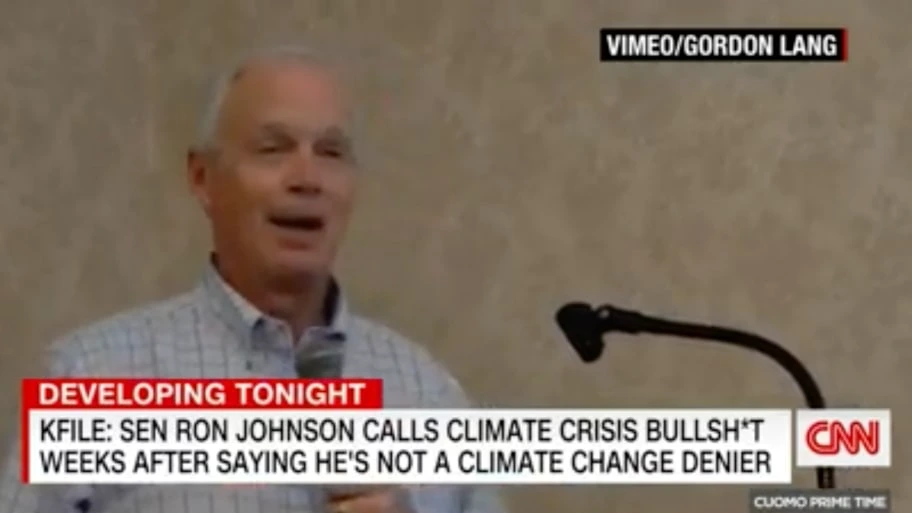
Conversely, Chair Sheldon Whitehouse (D-R.I.) stressed the urgency of addressing climate change, citing a study by Deloitte: “Deloitte has projected that if we do nothing about climate change, the cost [to] global GDP would be $178 trillion negative, that if we hit net-zero by 2050, that will create $43 trillion in added GDP globally for a $220 trillion swing between getting this right and getting this wrong,” Whitehouse explained.
More To Discover
The Path Forward: Action or Inaction?
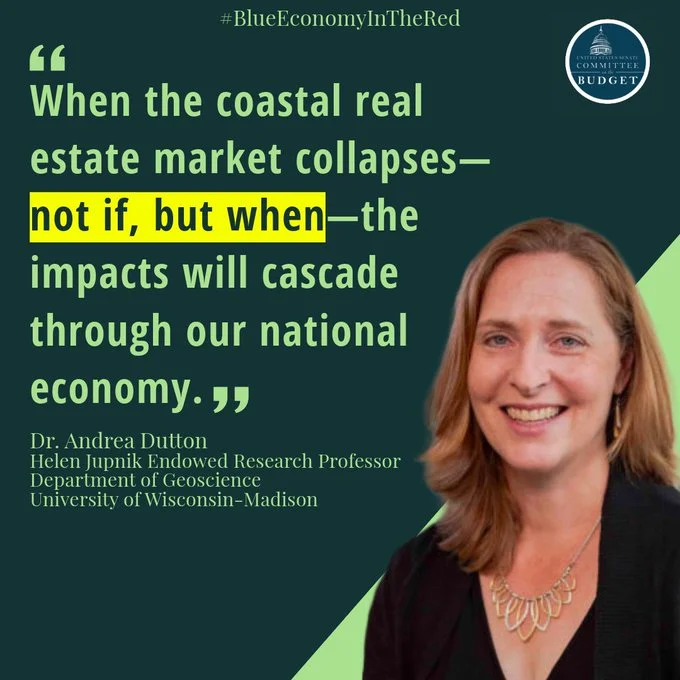
Professor Dutton, in her closing remarks, offered a beacon of hope amidst these challenges. “The most important part of my message today is that because humans are driving rapid warming of our planet — this is good news — it means we are also the solution to the problem,” she said. “Our climate future is not written in stone.”
The Committe Hearing On How The Climate Crisis Threatens Ocean Industries: Download Statements
